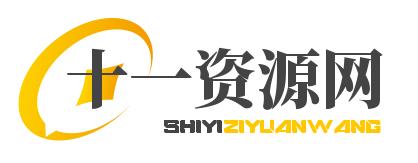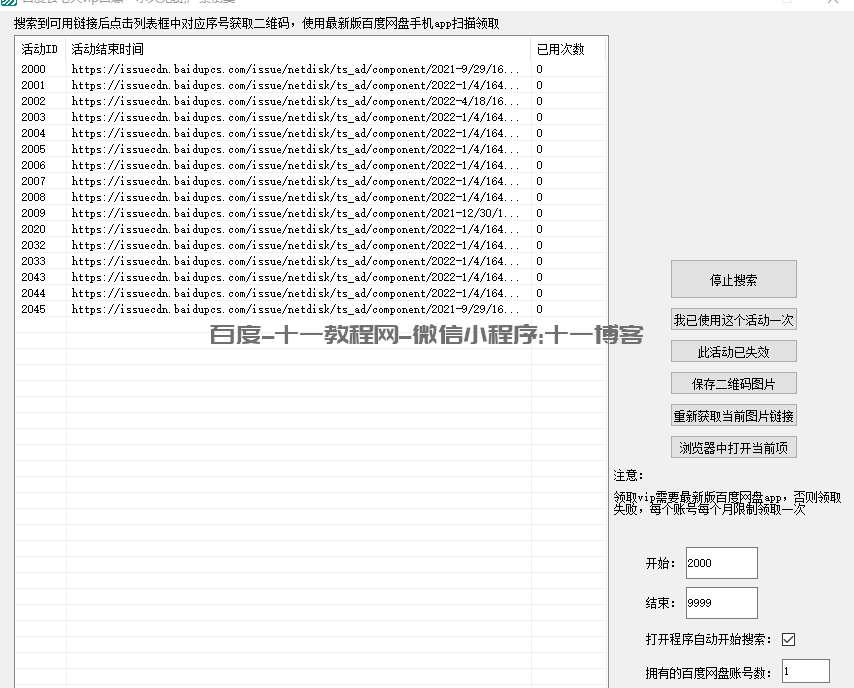What Are Tick Charts & How To Use Them For Trading
Tick charts are invaluable tools for traders conducting technical analysis. They offer a detailed view of market movements and trader activity. This alternative to time-based charting emphasizes the completion of transactions over periods, providing unique insights, especially in assessing market volatility and momentum. Traders utilize tick charts to pinpoint precise support and resistance levels. These levels signify where price movements stall or reverse due to a concentration of demand (support) or supply (resistance). When the number of transactions in a single direction saturates, a horizontal line often represents a support or resistance level.
How To Use Tick Charts
- Big money moves the market and due to the nature of tick charts, adding volume to the mix gives you a good look into when the big guns are stepping in.
- Candlesticks and bar charts are the most popular charts used by many traders.
- Based on our comprehensive testing, Heikin Ashi (HA) charts have demonstrated superior performance.
- Time-based charts are more popular than tick charts, with candlestick charts being the most popular type of price chart.
Also, if you combine volume with tick charts, you can ensure that all ticks on the chart are equal in size. Knowing which trends are backed by institutional investors and which ones result from retail investors’ activity, you can predict potential reversals or continuations. Another difference between the two chart types is how they display volume. On a TC, volume is typically represented by the number of trades within a specified number of ticks. Alternatively, bar charts represent the total volume within european union inflation rate that fixed period. Because of this, bar charts help identify changes in trading volume alongside price movements.
Day traders fancy using tick charts since they can be adjusted based on the sensitivity and aggressiveness of the trading strategy. For example, tick charts can be set to print a bar on a very small number of trades. The exact number would depend on the individual asset since more liquid securities would have a higher rate of bar printing.
Volume indicators, as a whole, can be very helpful when trading on tick charts since they can help you confirm the levels at which buying or selling is taking place. Large positions will always be reflected in larger volume bars, which can confirm the market’s next upward or downward move. Since it is typical for day traders to aim at capturing even smaller market opportunities, they can look for breakouts at the level of even very small transactions.
Other Data-Based Intraday Chart Types
Each of these price swings provides valuable information that may inform trading decisions later in the day. Also, during slow and range-bound markets, tick charts can help you avoid the whipsaws that you can expect from other charts (e.g., time-based charts). The reason is that you will have a tick only after a certain amount of trading activity has been conducted. The RSI can be very helpful when used on tick charts for day trading and during periods with increased trading activity. Bear in mind that with tick charts, more often than not, you will be looking at ultra-short-term trends and micro-movements. However, it is essential to also keep track of the broader picture since being too focused on the short-term trends, you might end up missing the stronger support and resistance levels.
Identifying a breakout sooner means you can purchase shares of that stock more rapidly and at a better price. Tick charts can give you heads-up about potential breakouts and help you capture Quantitative trading strategy the rally at its earliest point. Strictly Necessary Cookie should be enabled at all times so that we can save your preferences for cookie settings. Our watch lists and alert signals are great for your trading education and learning experience.
Tick Chart Trading – a Complete Guide to Trading Ticks
Join 1,400+ traders and investors discovering the secrets of legendary market wizards in a free weekly email. The tick index compares the number of stocks on the New York Stock Exchange (NYSE) with rising prices (upticks) to those with falling prices (downticks). Ticks are the smallest increments by which an asset’s price moves measured in the market’s local currency. There is nothing stopping you from using currency futures to chart the price movement and then using your spot account to place the trade. That is why it is essential to understand the different types of charts and what situations they are best suited for. This setup is a great one to consider if you want to uncover the complete picture of the market activity.
An innovative and effective strategy in the field of day trading is tick chart trading. This thorough introduction explores the subtleties of tick charts, revealing their importance, interpretation, as well as advantages. By learning more about their subtleties, traders could use the granular information tick charts offer to make informed decisions. Tick charts allow traders to observe transaction frequency and price volatility by plotting transactions after a certain volume of trades has occurred.
We will help to challenge your ideas, skills, and perceptions of the stock market. Every day people join our community and we welcome them with open arms. We are much more than just a place to learn how to trade stocks. People come here to learn, hang out, practice, trade stocks, and more. Our trade rooms are a great place to get live group mentoring and training. They help trade effectively and allow you to make the right trading moves.
In that sense, a bar in a 1,000-tick chart will represent 1,000 trades regardless of size (below is an example of a 1,000-tick chart). The trader can specify the number of transactions at which a new bar will be printed based on their preferences. For example, a trader in highly-liquid markets won’t want to have a new bar for every 100 transactions. Instead, they would opt for higher numbers (e.g., a bar every 1,000 transactions) to ensure the chart doesn’t get too messy. Indicators such as moving averages, Bollinger list of top 10 forex pairs to trade & currency pairs you should never trade! Bands, and the Relative Strength Index (RSI) can complement tick chart analysis by providing additional context to the tick data. These indicators help traders distinguish between noise and meaningful market moves.
STOCK TRADING COURSES FOR BEGINNERS
While time charts create a new bar after a predetermined time interval, tick charts do so after a specific number of trades have occurred. This difference can be significant in markets where the volume of trades can vary dramatically within a short period. This can, of course, be partly solved by not trading during off-hours. However, this problem also exists during trading sessions with little trading activity, and these do happen again and again and again and are what actually cost traders a lot of money. Everyone can make money in a trending market, but how about when prices start to range, produce fakeout after fakeout, and behave not as we want them to?
While the size of each individual transaction is unknown, larger positions are commonly broken up into smaller orders. Sign up for the newsletter to get tips and strategies I don’t share anywhere else. While we’re on ticks, we’ll quickly take a moment to discuss the tick index. It makes no sense to not trust your trading style or system so ensure you can back up the “whys” behind your trading approach. Just choose the course level that you’re most interested in and get started on the right path now.





